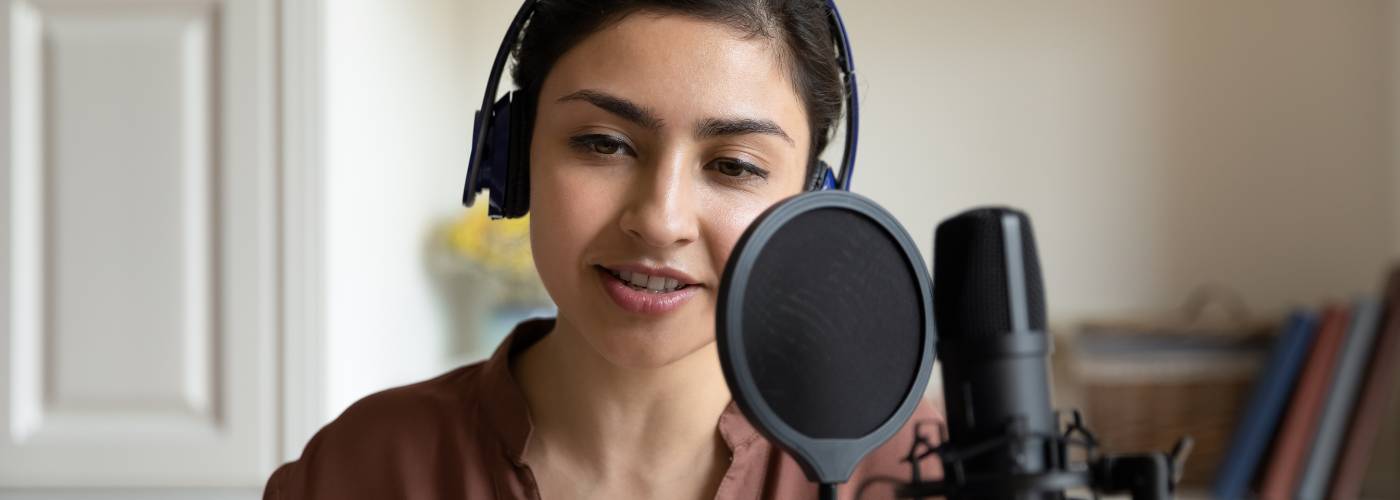Singing is an art form that requires dedication, practice, and skill. Whether you are a novice or an experienced vocalist, perfecting your singing technique can be difficult to master. However, there are many practice techniques that can help any singer improve their skills. We’ll explore the key approaches and best techniques for singing.
How To Practice Singing

If you are looking to improve your vocal talents, then learning how to practice singing is essential. Whether you are an experienced singer or just starting out, developing a consistent practice routine will help take your skills to the next level.
There are several key aspects that can be incorporated into any practice session in order to maximize the results.
To begin with, warm-up exercises will get your body and voice ready for singing. This could include simple stretching routines as well as vocalization drills like lip trills and scales. These types of drills are taught during a singing lesson.
It is important that you do not skip this step as it helps protect your vocal cords from injury. Additionally, going over songs that require more difficult techniques can be beneficial for honing in on any areas of improvement.
Once warmed up, play a specific note on a piano and try to match the tone with your voice. Be sure to move and down scales to train your voice to be able to sing in different keys and vocal ranges.
How Long Should I Practice Singing A Day?
When it comes to singing, the amount of practice you put in is key to improving your skill and technique. Everyone’s vocal needs are different, so there isn’t a one-size-fits-all answer when it comes to determining how long you should practice singing per day.
Generally speaking, however, some daily vocal exercise is essential for building confidence in your voice and honing your skills as a singer.
The amount of time spent practicing each day will depend on several factors, such as the type of singing you’re doing (classical or popular music), your existing level of experience and talent, what stage of learning you’re at, and any specific goals or areas that need improvement.
It’s recommended to practice singing daily for at least an hour for beginners. For intermediate and advanced singers, a few hours out of the week is more than plenty.
Can Anybody Sing Well With Practice?
Can anybody sing well with practice? This is a question that has been asked by many aspiring singers throughout the years. While some may believe that singing talent is an innate ability, others are convinced that hard work and dedication can help improve vocal range and pitch.
For those determined to learn how to sing, it’s important to understand the basics of technique. Professional vocal lessons can help teach beginners proper breathing techniques, posture, and techniques for hitting high notes. Moreover, daily practice is necessary in order to master these fundamentals and build upon them over time.
Singers must also be willing to accept critiques from their teachers in order to further refine their skills. With consistent effort, singers can develop tonality, strengthen their vocal cords and gain confidence on stage or in the recording studio.
Can You Practice Singing Quietly?
Yes, you can practice singing quietly! Even though it may seem like an impossible task, there is a way to practice your vocal technique without having to belt out high notes at the top of your lungs.
Whether you want to ensure your neighbors aren’t disturbed or if you’re looking for ways to warm up and improve your singing without making too much noise, here are some tips on how you can practice singing quietly.
The first tip is that you should focus more on breath control than volume. Instead of belting out higher notes, try experimenting with various breathing exercises. This will help increase the strength of your diaphragm and give better control over pitch and tone.
You could also hum soft tunes or use consonants such as ‘M’, ‘N’, & ‘S’ rather than regular vowels, which may be louder in sound.
Overall, these are some helpful tips to better your singing abilities and vocal range. If needed, contact a singing teacher to assist with your vocal development.



Continue Reading
Creative Ways to Encourage Practice at Home for Young Musicians
Have you ever watched a child lose interest in their instrument after just a few
Jul
Top Breath Control Exercises For Singers
Have you ever noticed how some singers seem to effortlessly hold long notes while others
Jun
How Does The Suzuki Piano Method Work?
Have you ever wondered why some children seem to pick up music so effortlessly? The
May